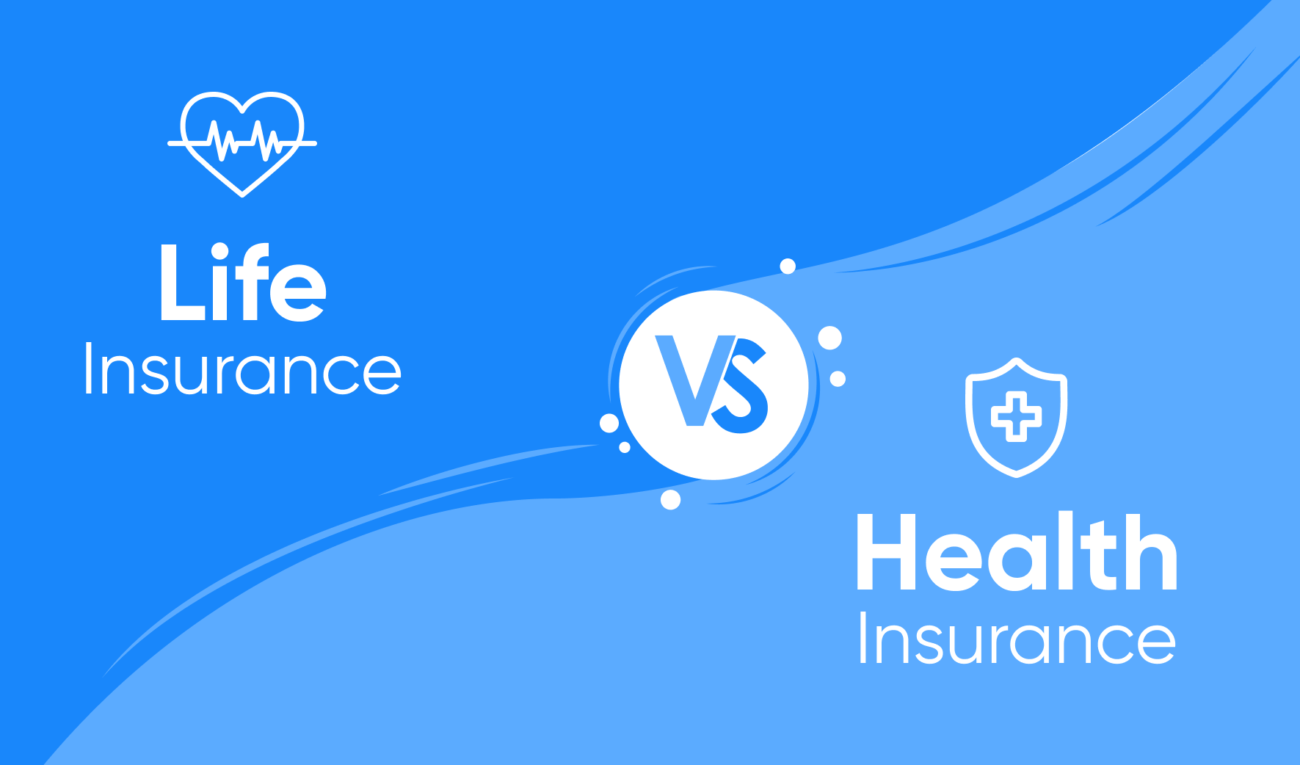What is Health Insurance Glossary?
A health insurance glossary is a comprehensive guide that explains common terms, acronyms, and concepts used in the healthcare and insurance industry. Whether you’re enrolling in a new plan, reviewing policy details, or comparing providers, understanding the terminology is critical.
These glossaries serve as a quick reference tool, making it easier for individuals to decode policy documents, billing statements, and provider explanations. With rising healthcare costs, knowing exactly what you’re covered for—and how to talk about it—can protect both your health and your wallet.
Why You Need It
Understanding health insurance terms is no longer optional—it’s essential. Here’s why:
1. Avoid Costly Mistakes
Not knowing the difference between a deductible and a copayment can lead to unexpected bills.
2. Compare Plans Confidently
Glossaries allow you to accurately evaluate what each plan really offers.
3. Maximize Your Benefits
You’ll make smarter use of services when you know what terms like “in-network” or “prior authorization” mean.
4. Reduce Claim Rejections
Understanding terminology helps you file claims properly and avoid delays or denials.
How to Get the Best Plan Using a Health Insurance Glossary
A glossary isn’t just for learning—it’s a tool to use actively when shopping for insurance. Here’s how:
1. Use the Glossary While Comparing Plans
Have it open as you review provider websites or plan brochures. Highlight unfamiliar terms and look them up instantly.
2. Ask Better Questions
Knowing the right words helps you ask agents or HR reps smarter questions, getting clearer answers.
3. Double-Check Claim Forms
When filing a claim, referencing the glossary ensures you understand fields like “provider number,” “CPT code,” or “EOB.”
4. Stay Up to Date
Insurance terms evolve—so use a 2025-updated glossary to reflect changes in legislation or coverage standards.

TECHLIFE NEWS UPDATE
FAQs
What are the most common health insurance terms to know?
-
Premium: Your monthly payment for the insurance plan.
-
Deductible: What you pay out-of-pocket before insurance kicks in.
-
Copay: A fixed fee you pay for specific services.
-
Coinsurance: A percentage of costs you share after meeting your deductible.
-
Out-of-Pocket Maximum: The most you’ll spend before your insurance pays 100%.
Is a health insurance glossary available from my provider?
Yes, most insurers offer a glossary in their online member portals. You can also find universal glossaries from government websites like Healthcare.gov.
How often are glossaries updated?
Top insurance companies update them annually, especially if there are legal or regulatory changes.
Is this helpful for Medicare or Medicaid users?
Absolutely. These programs have their own jargon and a glossary helps seniors or low-income families navigate their coverage confidently.
Conclusion
A health insurance glossary is one of the most powerful yet overlooked tools in your healthcare journey. By understanding the terms, you’re better equipped to choose the right plan, ask the right questions, and avoid unexpected medical bills.
As we move through 2025, don’t let confusing jargon stand between you and quality care. Bookmark a trusted glossary, use it often, and take control of your health insurance decisions—smart, simple, and stress-free.
